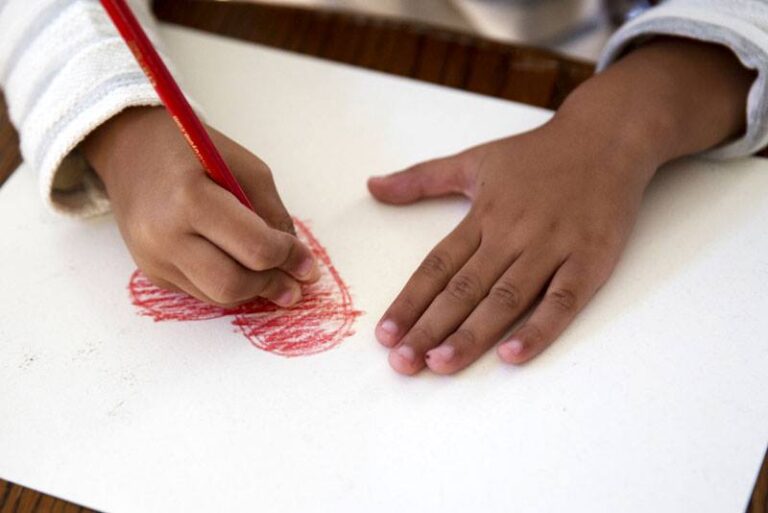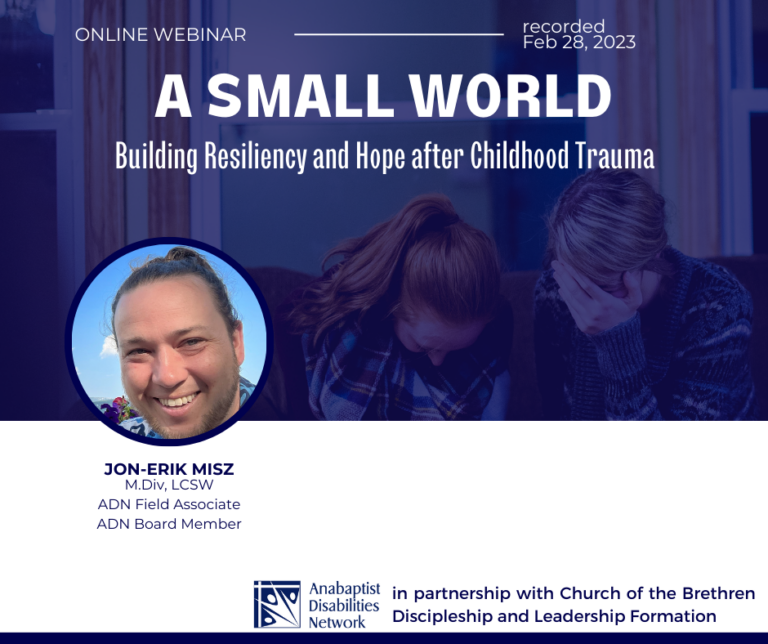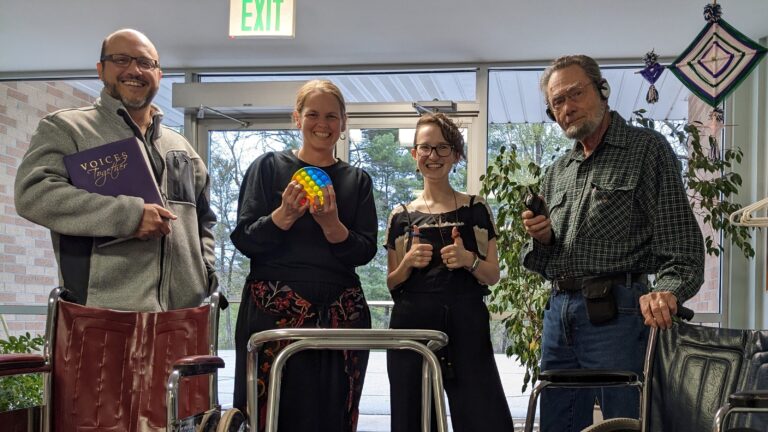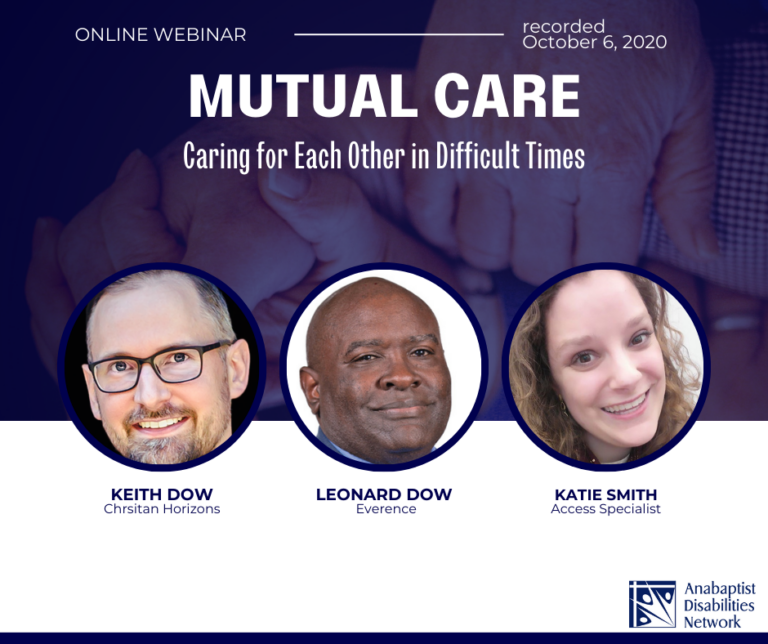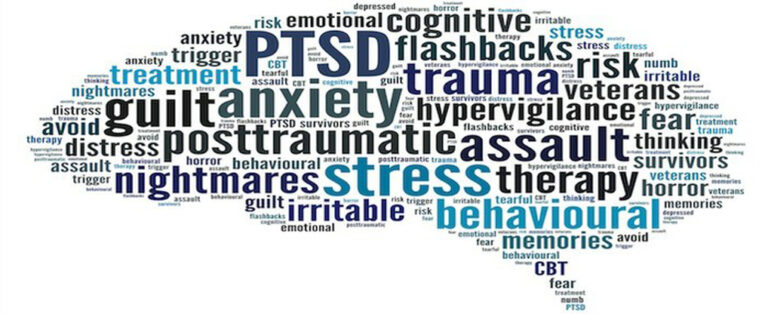Loneliness: It Affects us All
Editor’s Note:
The opinions expressed in guest contributions to Opening Doors are those of the author and may not reflect the official theology or opinions of Anabaptist Disabilities Network.
If you were asked to name the loneliest age group in Canada, what would your answer be? Chances are that you might choose seniors, but you’d be wrong. Statistically speaking, people between the ages of 15 and 24 years old say that they are the loneliest.1 According to Statistics Canada, 22.2% of people who self-identify as “always lonely” are those in that age group, compared with just 14% of people over the age of 75.2 Loneliness among young people is widespread, and its various negative health outcomes are well known.3

What is Loneliness?
Loneliness can be thought of as “a subjective, unwelcome feeling of lack or loss of companionship.”4 It is about developing and maintaining meaningful connections with others. Richard Bach writes, “The opposite of loneliness is not togetherness, it’s intimacy.”5 In other words, loneliness is a communal problem – so, what can we do about it?
What Can We Do About Loneliness?
Here are a few suggestions:
- Provide Volunteer Opportunities: Service lessens loneliness. Not only is there healing in serving a greater purpose, but helping others leads to belonging and to building relationships with like-minded people.
- Cultivate Spiritual Practices: Focusing on spiritual needs helps people to put their loneliness in perspective, as well as giving them tools to deal with its painful feelings.
- Give Hope: People in the depths of loneliness often despair that they will never leave that place. Let them know that they are loved, by the community and by God, and that their negative feelings are temporary.
Loneliness is not something we can eliminate overnight, so perhaps we also need a fresh take on it: “A lonely day is God’s way of saying that he wants to spend some quality time with you.”6 Developing and maintaining a close connection to God is key. In fact, it just might be the balm that people need to heal their loneliness.

Michelle Robichaud
Michelle Robichaud is a Master of Divinity student at the Atlantic School of Theology and a candidate for ordination with the United Church of Canada. As part of her degree, she is conducting a qualitative research study on the effects of loneliness on the spiritual lives of rural young adults. This article includes some of her preliminary findings.



